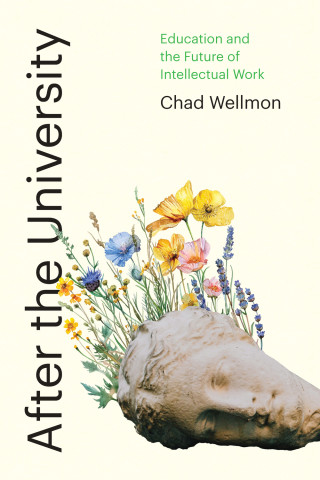
Reviews
Over the decades, the humanities have experienced several turns, from the linguistic turn in the early 20th century to the cultural turn in the 1970s and smaller trends, such as the so-called "affective turn" in the early 2000s, that have evoked the term. For Lewis, the public humanities turn, which he passionately argues for in his new book, is of existential importance.
This remarkable book calls for rethinking the mission of the university. Philip Lewis makes an urgent case for transforming culture through a public Humanities (arts, humanities, and social sciences together) committed to reckoning with climate change. It is a must read to preserve the world for future generations.
Drawing upon his experience as a professor, dean, and foundation leader, Philip Lewis urges a strategic correction that will restore the university's mission to serve the public good and ensure the survival of our planet. A must-read book for everyone who cares about the humanities, the academy, and the environment.
With a penetrating analysis of universities and the humanities, Philip Lewis starkly challenges both: 'For students and academic professionals, pursuing a serious understanding of climate change and the interlocking environmental and social problems that it exacerbates will have to become a decisive mandate, a fundamental requirement that orients teaching and research alike.'
Informed by his encyclopedic command of the climate change bibliography, and by his vast experience as an educator, administrator, and foundation officer, Philip Lewis has written what may well be the most important book you'll ever read. It aims to impel the public humanities to confront the imminence of the doom we face.
Book Details
Preface
Acknowledgments
1. The Big Picture: A History the Humanities Must Face
2. Paradigms for the Public Humanities?
3. Public Humanities and the Privatized Public University
4. The Real Humanities
Preface
Acknowledgments
1. The Big Picture: A History the Humanities Must Face
2. Paradigms for the Public Humanities?
3. Public Humanities and the Privatized Public University
4. The Real Humanities Crisis: Reckoning with the Anthropocene
5. Public Humanities and the University
Epilogue
Notes
Works Cited
Index






